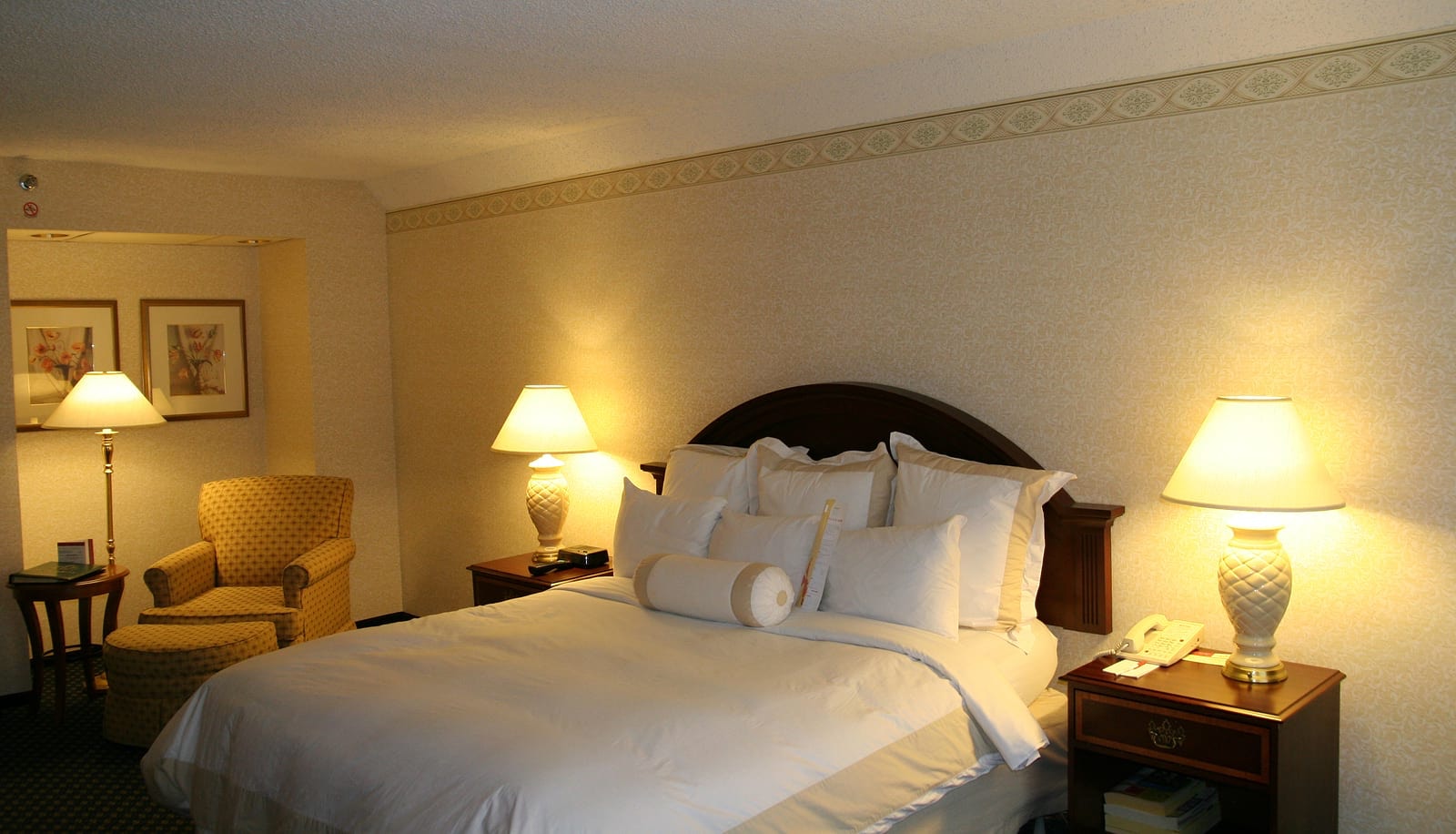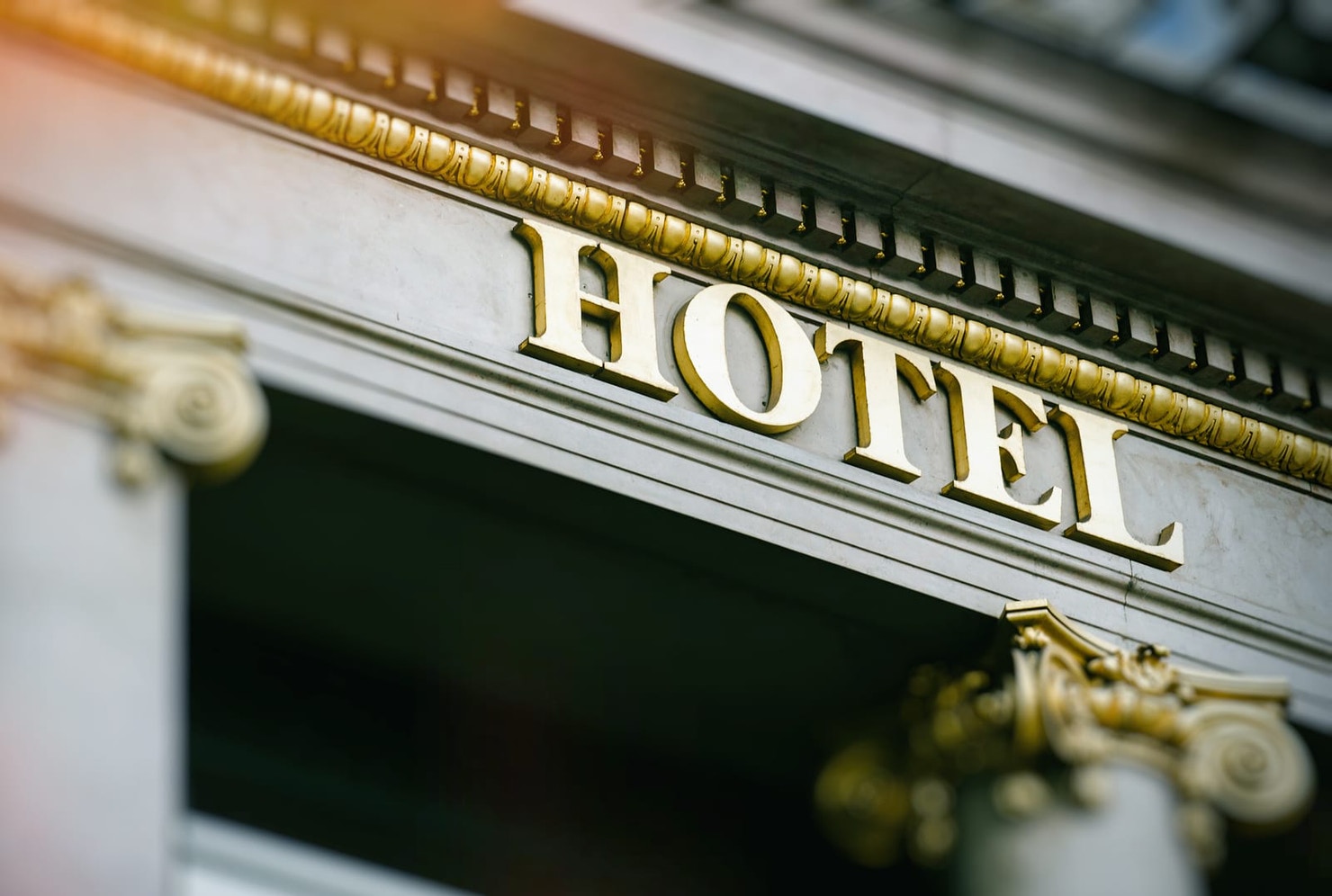Many of our customers have seen savings of 10-15% simply by making cultural and behavioural changes in the workplace, armed with the more precise knowledge that an energy monitor brings. What’s more, most of these changes are affordable and attainable for any business.
Here are some things you can do to cut your business energy bills…
REPLACE OUTMODED LIGHT SOURCES
Is every source of light as efficient and cost-effective as it can possibly be? Unless you’ve replaced all light bulbs within the past year, the answer is probably no.
This is because light bulbs are getting more energy efficient literally every year. Updating bulbs should be seen more as an investment than a cost: since you’re cutting bills the moment you screw (or bayonet!) them in, they will pay for themselves. For hoteliers, labour costs are also a consideration. And if your bulbs are more efficient (with the highest-end ones lasting about 25,000 hours), you’ll make labour savings too, as staff will spend less time replacing them.
If it’s a nuisance or you can’t spare the labour, introduce energy efficient bulbs incrementally: Light bulbs, after all, will all have to replaced eventually!
GET RID OF OLD EQUIPMENT
The same principle works for appliances, especially when used for business. Replacing (as opposed to repairing) is undeniably costly, so it should be done on a case by case basis. Some machines age better than others.
Here’s a short list of machines that should be replaced for a more efficient model:
A washing machine over 10 years old
Fridges or freezers over 20 years old (or even if it’s five-10 years old, depending on use and brand)
Smaller items like kettles and hairdryers should be replaced if over 5 years old – with some modern kettles 30% more efficient than others.
KEEP AN EYE ON ENERGY IN UNUSED ROOMS

A common challenge in hospitality, especially when it comes to energy, is monitoring what’s used and when. A good place to start is the unused rooms.
Watch out for standby devices: A TV left on standby for a year will cost approximately €17. Even for a small hotel with 10 rooms, that’s €170 spent on a device doing exactly nothing.
Make sure lights are always switched off: Yes, some hotels like to give guests a warm welcome of soft light when they open the door for the first time. But automated lighting will have the same effect as keeping a low light on.
Monitor where energy is being used. This can be done with a Pinergy monitor.
MAKE SPACES VERSATILE
Heating and lighting a dining or bar area that’s not fully used is an occupational hazard of hospitality. However, some hoteliers and restaurateurs box clever, not letting themselves get dragged into the lighting and heating of entire spaces.
Blinds, screens and room separators can keep light and heat in when waiting for a room to fill up. They also make a place cosier and appear busier.
This is especially important in modern hospitality, to counteract the often inefficient passion for open-plan design (the history and problems of which are outlined in this video).
RESEARCH WHERE ENERGY IS USED
The first step to reducing an energy bill is seeing where energy is actually being used. So, an audit of what’s happening in your establishment is important.
A smart meter will tell you where and how you’re using energy, so you can hone in on wasteful, inefficient or surprisingly costly areas and times. You might be unpleasantly surprised by where the waste has been happening, but your mood will improve when that smaller bill arrives.
INCENTIVISE STAFF

As we mentioned before, staff behaviour and a company’s habits have a big impact on company culture and the bills. Regular communication, even in the form of signs next to appliances and switches, can have a positive impact.
And, as other companies have successfully implemented, you can try trial and error with the communication. Change the phrasing in the poster from one room to the next and then see which one uses the most energy.
You can also incentivise staff with the money saved: An annual ‘energy bonus’ that’s a percentage of money saved and passed onto staff, would work wonders.
If you’re not comfortable with transactional motivation, praise, focus on environmental benefits or emphasis on the financial health of the company can also be good motivators.
TAKING CONTROL
Cutting your energy costs is a journey, and the first step in that journey is knowing what you’re spending. A smart monitor from Pinergy tells you your hospitality business’s energy consumption to the nearest half-hour.
If you would like to hear how Pinergy can help reduce the energy costs for your business, please feel free to get in touch via our business electricity page today.
